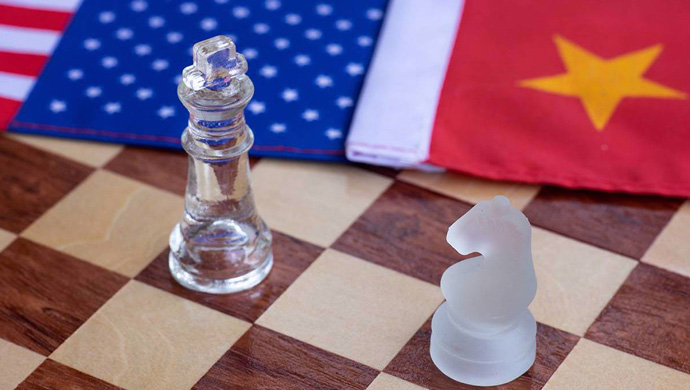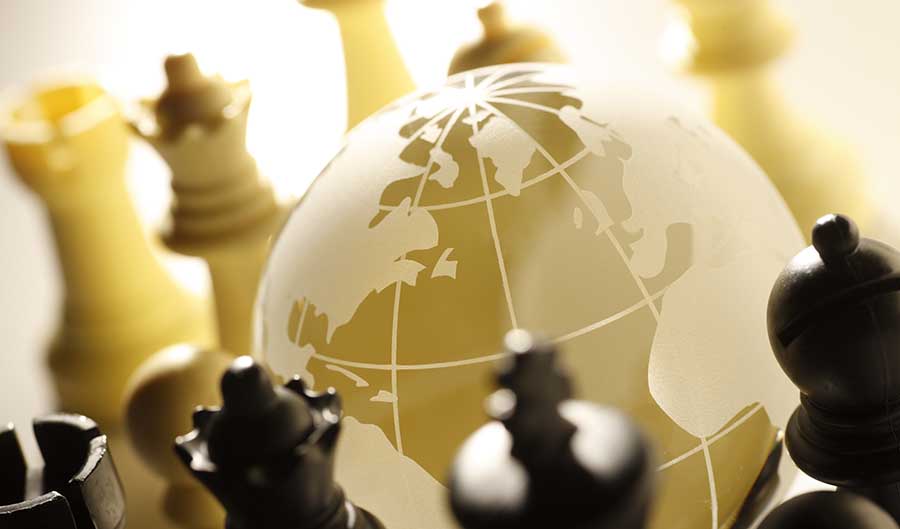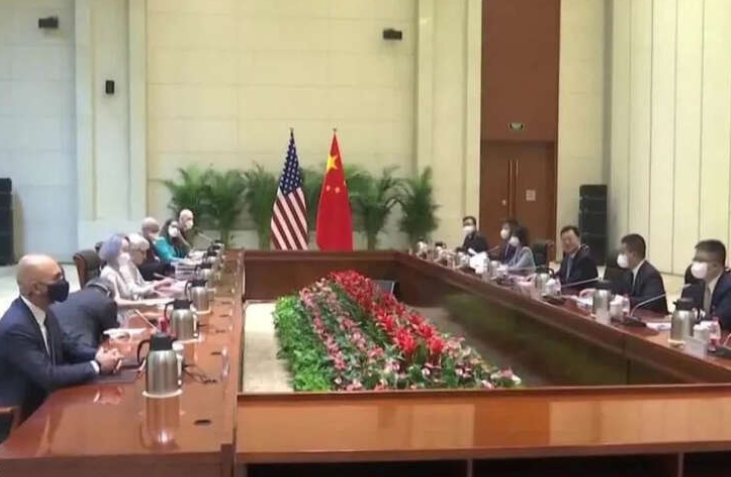Chen Jimin, Guest Researcher, Center for Peace and Development Studies, China Association for International Friendly Contact
Sep 06, 2021
Maintaining strategic security and its stature as a major global power are the country’s priorities. While its economy is relatively weak, Russia’s military power, its experience and its influence in global affairs means that it will continue to be an important player in shaping the international landscape.
Leonardo Dinic, Expert in Geopolitics and International Business, the Future of Work, and Emerging Technologies
Sep 03, 2021
Washington’s current Afghanistan crisis and domestic political instability present an ideal opportunity for China to accelerate its global and regional ‘grand strategy.’ Is the United States prepared to slow its advance?
Clifford Kiracofe, Former Senior Staff Member, Senate Committee on Foreign Relations
Sep 03, 2021
Conventional logic would say that new leadership should open a broad window to reset relationships between nations. Yet as the first 6 months of the Biden presidency shows, the story is not always so cut-and-dry.
Charles C. Krulak, A Retired Four-star General, Former Commandant of the U.S. Marine Corps
Alex Friedman, Former Chief Financial Officer of the Bill & Melinda Gates Foundation
Aug 24, 2021
In the year 2034, the United States and China become embroiled in a series of military conflicts that escalate into a devastating tactical nuclear war. Other countries – including Russia, Iran, and India – get involved. Suddenly, the world is on the verge of World War III.
Wu Zhenglong, Senior Research Fellow, China Foundation for International Studies
Aug 12, 2021
For the United States, the Nord Stream 2 gas project is a reminder of its waning global hegemony. Its ability to control its allies has declined. Bilateral relations have deteriorated. Attempts to block construction have failed. America has become a shadow of its former self.

Ma Xiaoye, Board Member and Founding Director, Academy for World Watch
Aug 10, 2021
China and United States should distinguish between strategic competition and a struggle for supremacy, as doing so would help avoid stepping over a boundary line beyond which competition turns into a drive for hegemony and world domination.

Joseph S. Nye, Professor, Harvard University
Aug 09, 2021
During the four decades of the Cold War, the United States had a grand strategy focused on containing the power of the Soviet Union. Yet by the 1990s, following the Soviet Union’s collapse, America had been deprived of that pole star. After the September 11, 2001, terrorist attacks, US President George W. Bush’s administration tried to fill the void with a strategy that it called a “global war on terror.” But that approach provided nebulous guidance and led to long US-led wars in marginal places like Afghanistan and Iraq. Since 2017, the US has returned to “great-power competition,” this time with China.

Brian Wong, Assistant Professor in Philosophy and Fellow at Centre on Contemporary China and the World, HKU and Rhodes Scholar
Aug 03, 2021
U.S. Deputy of State Wendy Sherman recently talked with Vice Foreign Minister Xie Feng and Foreign Minister and State Councilor Wang Yi on her visit to China. As relations remain contentious, it’s important that both China and the U.S. keep communication channels plural, open, and as bilaterally reciprocated as possible.
Brian Wong, Assistant Professor in Philosophy and Fellow at Centre on Contemporary China and the World, HKU and Rhodes Scholar
Jul 22, 2021
The narrative on China’s influence is polarizing and provocative - is it based on fact or fiction?
Zhang Yun, Professor, School of International Relations, Nanjing University
Jul 13, 2021
Relations will not move toward a military alliance because, at the core, is a shared understanding forged through many strategic interactions. The two countries share similar basic judgments about international relations and U.S. influence.
Back to Top

- China-US Focus builds trust and understanding between the U.S. and China through open dialogue among thought leaders.
- Our Offerings
- Topics
- Videos
- Podcasts
- Columnists
- Research Reports
- Focus Digest
- Stay Connected
-
Thanks for signing up!
- Get the latest stories from China-US Focus weekly.